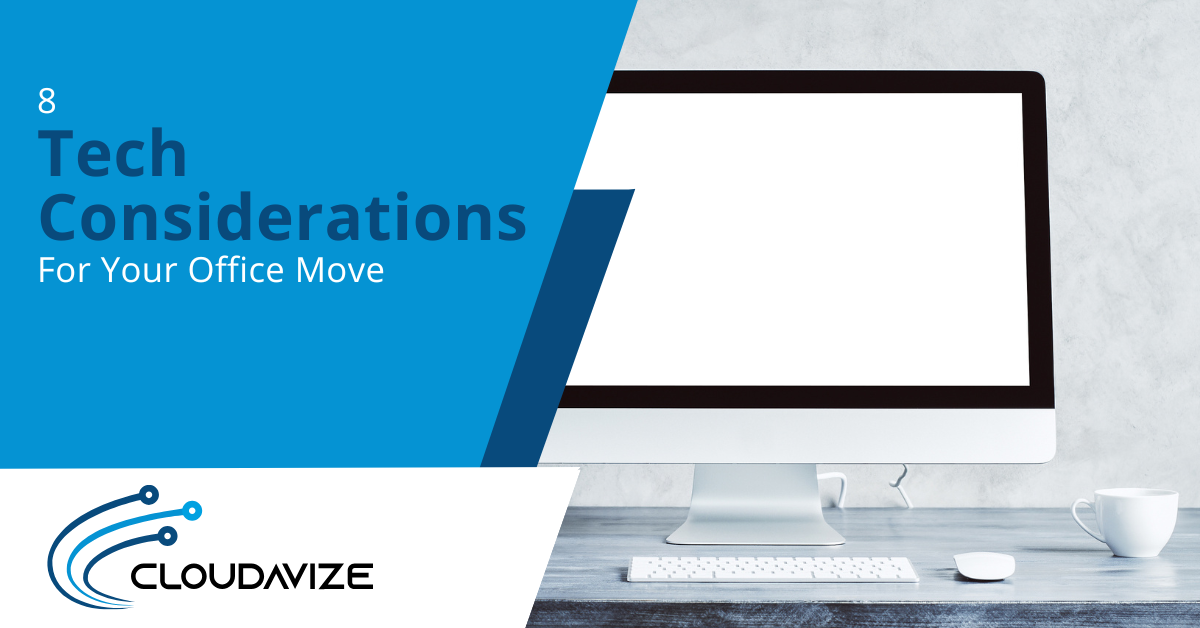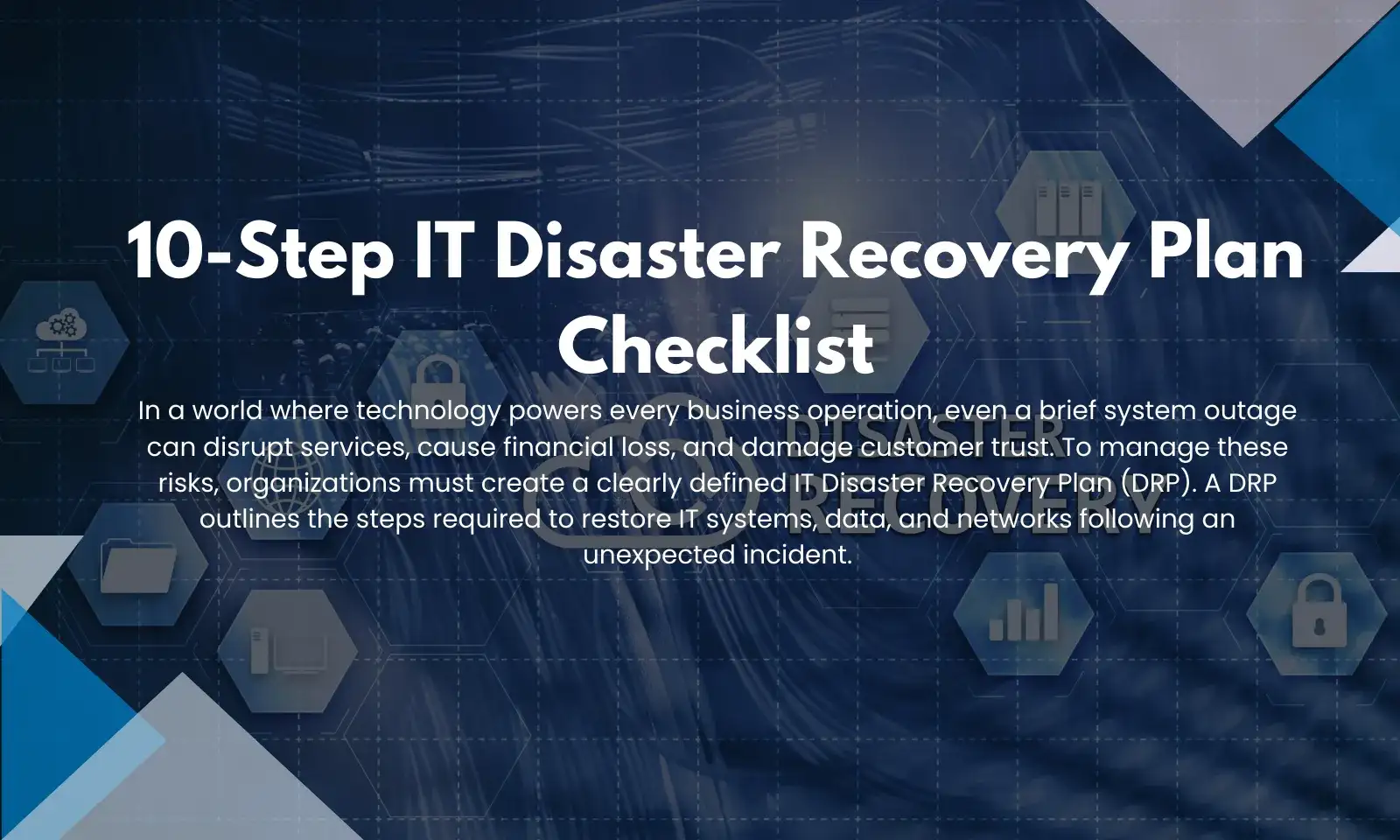One of the big questions when companies are considering a switch to a cloud application is, “Is it secure?” There’s a hesitation with trusting a third-party provider that is “in the cloud” to be the trustee of the data you’re entering into their application.
This is something that cloud service providers are keenly aware of and have taken steps to address. They want to make sure their customers feel secure in the knowledge that systems are in place to protect their sensitive information from unauthorized access and keep the environment as a whole from suffering downtime due to malicious activity.
66% of IT professionals list security as their number one concern when adopting a cloud computing strategy. But it turns out that the risk lies more in the user than it does in the cloud provider itself.
Rather than asking if the cloud is secure, it might be more appropriate to ask, “Am I using the cloud securely?” Here are the reasons why.
Table of Contents
Cloud Security | Key Protections Providers Take
When you use a cloud service, like Microsoft 365, you’re entrusting a company to host your data on their server and employ proper security protocols, while also giving you the freedom you need to administer your application environment.
Security verses functionality is a balance and it turns out that it’s weighted heavily on security by the provider, with the risks being mainly on the user side of the equation.
Nearly 90% of data breaches are caused by human error.
Following are some of the ways that cloud service providers like Amazon Web Services (AWS) and Microsoft keep your cloud-hosted data secure.
The Shared Security Model
Cloud providers operate under a shared security model. This means that they’re responsible for securing the underlying hardware and software of their cloud environment and the customer is responsible on their end for the security of certain areas of the application environment.
For example, when it comes to security patches and updates, the shared responsibility looks like this:
- Cloud Provider: Responsible for applying patches and updates to underlying cloud systems
- Customer: Responsible for securing applications and services built in cloud environment
Each party is also responsible to secure their own network and premises, whether that’s a data center in the case of the cloud provider or your office Wi-Fi, in the case of the customer.
Through 2022, at least 95% of cloud security failures will be the fault of the user.
It turns out that in the shared security model, it’s the user, not the cloud provider, that poses the biggest security risk.
Data Center Redundancy & Security
Your office may have just one server that you host data on, but cloud service providers use multiple servers to ensure redundancy. This means in the case of a failure with one server, automated systems can move traffic to the redundant backup and security and service remain steady.
Data centers are also designed with state-of-the-art security and potential threats are considered well in advance of laying the first cable. Some of the security considerations that go into cloud provider data centers include:
- Testing and controls to counteract risk
- Site selection to mitigate environmental risk (flooding, extreme weather, etc.)
- Use of multiple, isolated backup locations called Availability Zones
- Use of highly resilient systems
- Capacity planning for future demands
- Business continuity planning
- Controls on physical data center access
- 24/7 monitoring, both with CCTV and electronic intrusion detection
Regulatory Compliance
Cloud providers understand that their customers have a variety of data privacy compliance standards they need to adhere to depending upon their industry and geographical location.
Major cloud providers are compliant with regulations such as ISO, SOC, FedRAMP (the Federal Risk and Authorization Management Program), and HITRUST (Health Information Trust Alliance).
For example, the Microsoft Azure cloud platform allows customers to take advantage of over 90 compliance certifications, which include more than 50 that are region or country specific and over 35 that are industry specific.
Because the cloud providers put an emphasis on regulatory compliance and ensuring their systems meet multiple requirements, this provides both a security and cost saving benefit to customers who can simply adopt a platform that has data privacy compliance built in.
Microsoft 365 Compliance Center
If you use Microsoft 365, then you have access to compliance tools that can boost your company’s secure use of the cloud and improve security compliance.
Because there are multiple security considerations in a cloud platform, their Compliance Center is designed to make it easy to gain visibility into your cloud security, settings, and get recommendations.
The interface has a total Microsoft Compliance Score and a review of cloud app compliance. It tells you where you stand as far as your cloud platform security, gives suggestions, and makes it easy to adjust settings to improve your score, such as enabling two-factor authentication for users.
The tool also offers alerts of potential intrusions and keeps a running list of pending items dealing with data retention or review that need to be done.
Are You Using the Cloud Securely?
If you aren’t sure how secure your cloud settings are, then it’s time for a cloud security consultation. Cloudavize can audit cloud accounts and take a look at your current cloud solutions and offer suggestions to improve the security of your data.
Schedule your free consultation today and prevent security issues in the future!



